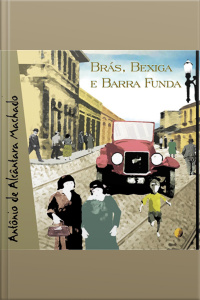Sinopsis
Interviews with Scholars of Germany about their New Books
Episodios
-
Mark Mazower, “Hitler’s Empire: Nazi Rule in Occupied Europe” (Penguin, 2008)
02/10/2008 Duración: 45minIt’s curious how historical images become stereotyped over time. One hears the word “Nazi,” and immediately the Holocaust springs to mind. This reflexive association is probably a good thing, as it reminds us of the dangers of ethnic hatred in an era that knows it too well. But in another way the Nazi = Holocaust equation obscures part of the story of Hitler’s insanity and that of all genocidal madness. For as Mark Mazower points out in his excellent new book Hitler’s Empire: Nazi Rule in Occupied Europe (Penguin, 2008), Hitler’s homicidal aims went well beyond the Holocaust. Of course the Jews would have to go. But that was hardly to be the end of it. The Poles, Russians, Ukrainians, and other residents of the East would have to go too. They were all to be eliminated and replaced by “Aryan” settlers. That was the goal, anyway. That it went unrealized was not due to any lack of effort or nerve. As Mazower shows, the Nazi occupiers uprooted, enslaved, and murder
-
Robert Gellately, “Lenin, Stalin, and Hitler: The Age of Social Catastrophe” (Knopf, 2007)
18/04/2008 Duración: 01h11minToday we’re pleased to feature an interview with Robert Gellately of Florida State University. Professor Gellately is a distinguished and widely read historian of Germany, with a particular focus on the Nazi period. He’s the author of a number of path-breaking books, including The Politics of Economic Despair: Shopkeepers and German Politics, 1890-1914 (Sage Publications, 1974), The Gestapo and German Society: Enforcing Racial Policy, 1933-1945 (Oxford University Press, 1990), and Backing Hitler: Consent and Coercion in Nazi Germany, 1933-1945 (Oxford University Press, 2001). Today we’ll be discussing his most recent work Lenin, Stalin, and Hitler: The Age of Social Catastrophe (Alfred A. Knopf, 2007). Richard Pipes says of the book: “A most impressive account of the tragedies that befell the world during the first half of the twentieth century. Not the least merit of the book is that, unlike most historians who treat Lenin as a well-meaning idealist, he places him along side Stalin an











